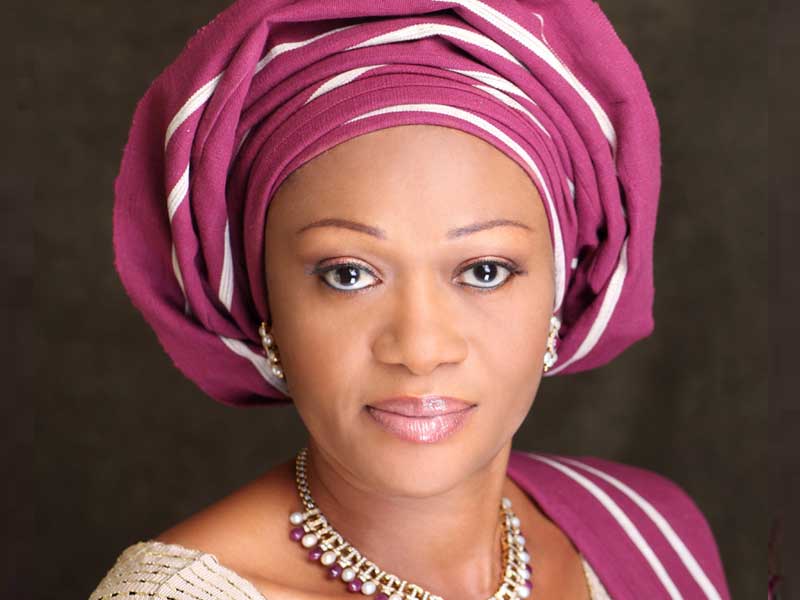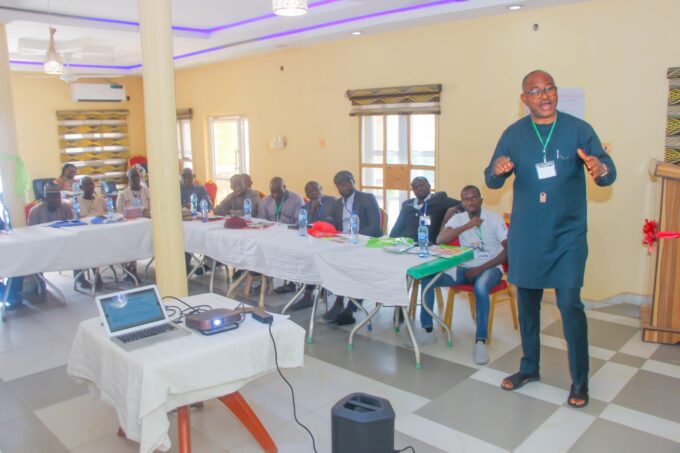In a country too often haunted by sirens and silence, First Lady Oluremi Tinubu is speaking in tones of tenderness. Last week, her voice echoed not from podiums or parades, but from the quiet grief of Yelwata, a rural community in Benue where over 100 lives were stolen by armed attackers in a single night.
She came not with fanfare but with a promise and a check. One billion naira, pledged through her Renewed Hope Initiative, to help survivors begin again. The money, privately sourced, will go toward rebuilding homes, reopening classrooms, and restoring a flicker of normalcy to lives upended by violence.
Some call it philanthropy. Others call it optics. But whatever the label, it is work being done.
The First Lady’s visit to Makurdi carried with it the weight of recent history. Children orphaned. Fields abandoned. Entire villages turned into footnotes in security reports. At the government house, Governor Hyacinth Alia stood beside her, voicing what so many in Benue have come to believe: that this is not mere conflict, but a slow-burning war. The Tor Tiv, Prof. James Ayatse, used no euphemisms—he called it genocide.
Mrs. Tinubu offered no sweeping solutions. Instead, she promised to collaborate with the wife of Nasarawa’s governor (whose state has been accused of harbouring the attackers) and to direct resources toward displaced families and education.
This is not her first such mission. In Plateau, she made a similar pledge. In Keffi, she helped raise a resettlement city from bare earth. And in the shadows of Nigeria’s unrest, whether in Niger State or Sierra Leone, she has stitched together a patchwork of relief, scholarships, food programs, and quiet visits.
The question of what role a First Lady should play in a democracy still stirs debate. But in the face of broken towns and broken hearts, Lady Oluremi appears undeterred. She is not rewriting the Constitution. She is simply doing what she can, where she can, with what she has.
And sometimes, that is enough to move a nation to listen.
















Leave a comment